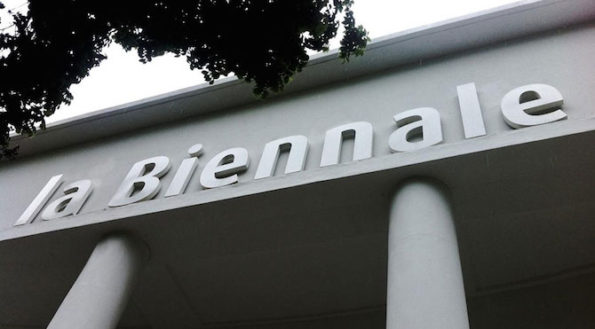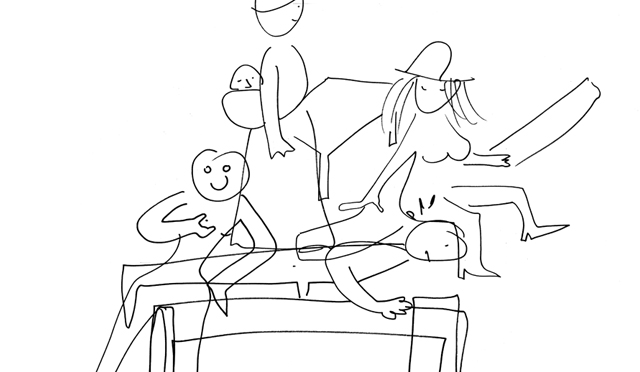Search
To search for an exact match, type the word or phrase you want in quotation marks.
A*DESK has been offering since 2002 contents about criticism and contemporary art. A*DESK has become consolidated thanks to all those who have believed in the project, all those who have followed us, debating, participating and collaborating. Many people have collaborated with A*DESK, and continue to do so. Their efforts, knowledge and belief in the project are what make it grow internationally. At A*DESK we have also generated work for over one hundred professionals in culture, from small collaborations with reviews and classes, to more prolonged and intense collaborations.
At A*DESK we believe in the need for free and universal access to culture and knowledge. We want to carry on being independent, remaining open to more ideas and opinions. If you believe in A*DESK, we need your backing to be able to continue. You can now participate in the project by supporting it. You can choose how much you want to contribute to the project.
You can decide how much you want to bring to the project.

We’ve dedicated June to one of the most recognised biennales worldwide, not just for the media coverage, but also for its content that encompasses contemporary art on a global scale. At A*DESK, we wanted to begin with an extensive and necessary interview with Martí Manen, curator of the Spanish Pavilion at the Venice Biennale 2015 at the hands of Manuel Segade, also a curator and critic. The conversation brought to light interesting details about the curatorial project, of this Dalí as a subject, the artists selected and the reasons behind their selection, but also touched on the dynamics of how a Biennale functions, from the inside, from the experience.
Juan Canela with “All the world’s futures or the difficulty of discerning anything” carried out an expressly transversal dissection of the content of the Biennale. We asked him for what is so often hard to do and so called for when one doesn’t have enough time to let things repose, a global vision, a meditated vision, and he offered us an in depth criticism although one which accepts the limitations of its scope, bearing in mind, above all, the duration of the project that is still to take place.
Also based on personal experience and openly countering a certain type of criticism published in the first few days of the Biennale, in a language that avoids grandiloquence, with a touch of fictional narrative, Irina Mutt leads us through a Biennale, her Biennale. One where we don’t find structure so much as dead angles and undefined spaces, and as a result much freer and more independent, just like the alien she used to guide us through her text.
On her part Montse Badia wrote the “Venice Biennale in 12 notes”, an interesting, almost thematic guide, with which to move conceptually through the Biennale. With no (professed) intention of being exhaustive, Badia dissects the Biennale with an infallible critical eye. The text highlights the major elements and questions that intentionally, or not, reign over this 56ª edition.
We end this month of Mondays with an “extra” that picks up on the title chosen by the curator Okwui Enwezor “All the world’s futures” and places in evidence two events experienced in the Biennale, to make one realize in a few details that maybe this future in plural is not so multiple, and that, having seen how the relations of dominance of some over others repeat over time, maybe we ought to come to terms with the fact that this future ought to be a shared one, or it won’t be one at all.
Interview by Manuel Segade with Martí Manen (part 1) and (part 2 )
All the world’s futures or the difficulty of discerning anything, by Juan Canela
Aliens and Biennales, by Irina Mutt
The Venice Biennale in 12 notes, by Montse Badia
All the futures are one and the same, A*DESK editor

A*DESK is a critical platform focused on publishing, training, experimentation, communication and dissemination in relation to contemporary culture and art, which is defined by transversality. The starting point is contemporary art, because that is where we come from and this awareness allows us to go much further, to incorporate other disciplines and forms of thought in order debate issues that are relevant and urgent for understanding our present.
"A desk is a dangerous place from which to watch the world" (John Le Carré)